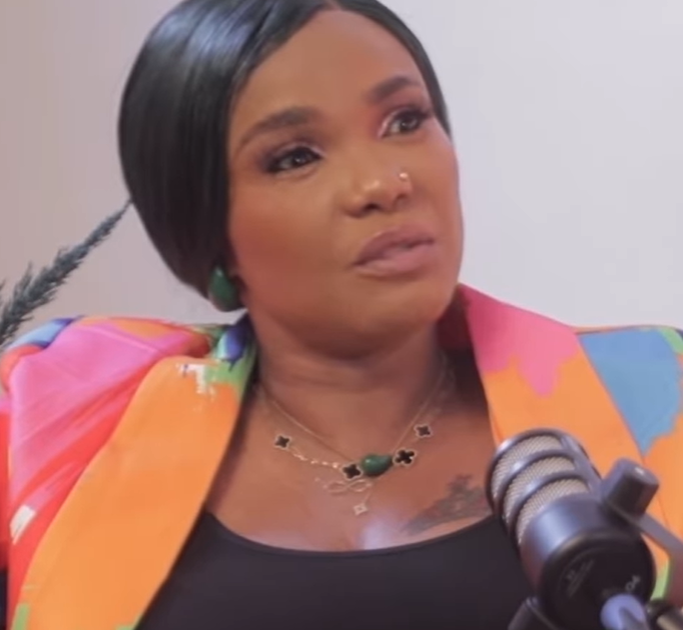Iyabo Ojo, a prominent figure in the Nigerian film industry known as Nollywood, courageously unveiled a series of deeply personal and traumatic experiences from her past in a candid conversation with fellow actress Biola Bayo on the talk show “Talk to B.” Ojo’s revelations shed light on the sensitive issue of sexual assault, familial estrangement, and the lasting impact of addiction, offering a glimpse into the complexities of her life beyond the glitz and glamour of the entertainment world.
Central to Ojo’s disclosures was the harrowing revelation of being a five-time rape survivor. This admission not only underscores the pervasive nature of sexual violence but also highlights the often-unacknowledged presence of “rape apologists” within society. These individuals, through their justifications and minimizations, perpetuate a culture of victim-blaming and contribute to the silencing of survivors. Ojo’s unwavering stance against such apologists, even extending to holding her own son accountable if accused, emphasizes the critical need for accountability and justice, regardless of personal relationships.
Furthermore, Ojo’s narrative delved into the strained relationship with her father, stemming from his disapproval of her marriage to her late husband. This familial conflict led to a period of estrangement, leaving Ojo feeling isolated and unsupported during a crucial juncture in her life. The decision to defy her father’s wishes and pursue her own happiness speaks to Ojo’s resilience and determination to forge her own path, despite the emotional toll it took.
Further compounding the familial challenges, Ojo recounted her father’s struggles with substance abuse, a battle that ultimately claimed his life at the young age of 40. This early loss undoubtedly shaped Ojo’s formative years, underscoring the devastating consequences of addiction and its ripple effects on families. The absence of a paternal figure, coupled with the emotional turmoil surrounding his addiction, likely contributed to a sense of vulnerability and instability during Ojo’s childhood.
Adding another layer of complexity to her upbringing, Ojo revealed that she was primarily raised by her grandmother, with limited contact with her mother until the age of seven. This separation from her parents during her formative years likely fostered a sense of displacement and longing for connection. Being raised by her grandmother, who represented a blend of Delta and Igbo heritage, likely exposed Ojo to a diverse cultural upbringing that shaped her values and worldview.
Ojo’s willingness to share these intimate details of her life serves as a testament to her strength and resilience. By speaking openly about her experiences, she not only breaks the silence surrounding these often-taboo subjects but also empowers other survivors to come forward and share their own stories. In a society where vulnerability is often perceived as weakness, Ojo’s candidness demonstrates immense courage and a commitment to fostering open dialogue about difficult and often painful experiences. Her story serves as a powerful reminder that behind the public persona, celebrities are individuals grappling with their own personal struggles, and their willingness to share these experiences can contribute to destigmatizing sensitive topics and fostering greater understanding and empathy.
Ojo’s narrative resonates with the experiences of many individuals who have faced adversity, highlighting the importance of resilience and self-advocacy in overcoming trauma. By sharing her story, she offers a beacon of hope for others who have experienced similar challenges, demonstrating that healing is possible and that speaking out can be a powerful step towards reclaiming one’s narrative and empowering others to do the same. This act of vulnerability not only humanizes her public image but also contributes to a broader conversation about the importance of mental health, familial relationships, and societal attitudes towards sexual assault survivors.














